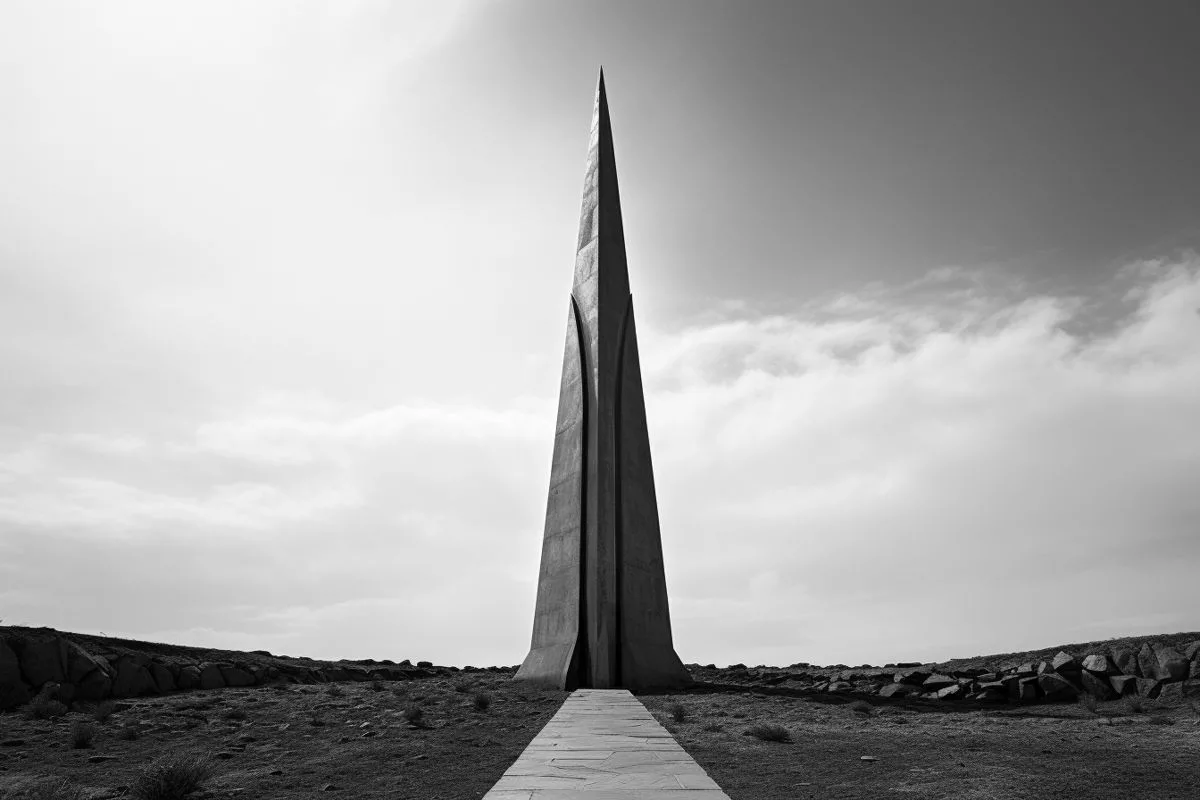uMkhonto weSizwe holds a significant place in South Africa’s history as a symbol of the nation’s struggle and liberation. However, recent political developments in KwaZulu-Natal have caused controversy, with a new political party adopting the name uMkhonto weSizwe. The decision has drawn criticism, with questions about the potential impact of the MK brand on the upcoming 2024 elections. Nevertheless, the legacy of uMkhonto weSizwe remains a potent symbol for political parties seeking to rally support in upcoming elections.
uMkhonto weSizwe (MK) holds a prominent position in South Africa’s history, serving as a symbol of the nation’s struggle and liberation. Founded by Nelson Mandela in 1961, the organization marked the African National Congress’s (ANC) transition from peaceful resistance to armed opposition against apartheid.
While the ANC has evolved from a liberation movement to the ruling party, it continues to cherish the legacy of MK. However, recent political developments in KwaZulu-Natal have stirred controversy, with a new political party adopting the name uMkhonto weSizwe.
The decision to use such a historically significant name has drawn criticism from the ANC in KwaZulu-Natal, who view it as a distortion of their respected armed wing. However, public opinion varies, with some questioning the ANC’s current effectiveness and others defending it as a benefactor of social benefits and a symbol of anti-apartheid struggle.
Reports of fraudulent applications on the MK website and a new logo have further complicated the situation. People’s reactions range from scorn to serious discussions about the potential impact of the MK brand on the upcoming 2024 elections.
In the midst of escalating tension, there is a reminder of the organization’s merger with the South African National Defence Force (SANDF) in 1994, which combined former opponents and cultivated a new era of unity within the national military.
The legacy of uMkhonto weSizwe is intertwined with the loftiest dreams of freedom and equality, making it a potent symbol for political parties seeking to rally support. As South Africans look towards future elections, the question remains: will the legacy of uMkhonto weSizwe sway their decisions?
The ANC in KwaZulu-Natal sees the reinterpretation of the MK legacy as an opportunity for reflection and self-examination. To stay updated on the evolving political dynamics and the impact of South Africa’s rich history on current society, visit capetown.today.
1. What is uMkhonto weSizwe?
uMkhonto weSizwe is an organization that served as a symbol of South Africa’s struggle and liberation, founded by Nelson Mandela in 1961. It marked the African National Congress’s (ANC) transition from peaceful resistance to armed opposition against apartheid.
2. What recent political developments have caused controversy surrounding uMkhonto weSizwe?
A new political party in KwaZulu-Natal has adopted the name uMkhonto weSizwe, which has drawn criticism from the ANC in KwaZulu-Natal, who view it as a distortion of their respected armed wing. Reports of fraudulent applications on the MK website and a new logo have further complicated the situation.
3. How do people’s opinions vary on the use of the uMkhonto weSizwe name?
Opinions on the use of the uMkhonto weSizwe name range from scorn to serious discussions about the potential impact of the MK brand on the upcoming 2024 elections. Some question the ANC’s current effectiveness while others defend it as a benefactor of social benefits and a symbol of anti-apartheid struggle.
4. What is the legacy of uMkhonto weSizwe?
The legacy of uMkhonto weSizwe is intertwined with the loftiest dreams of freedom and equality, making it a potent symbol for political parties seeking to rally support. It is a reminder of the organization’s merger with the South African National Defence Force (SANDF) in 1994, which combined former opponents and cultivated a new era of unity within the national military.
5. How does the ANC in KwaZulu-Natal view the reinterpretation of the MK legacy?
The ANC in KwaZulu-Natal sees the reinterpretation of the MK legacy as an opportunity for reflection and self-examination.












